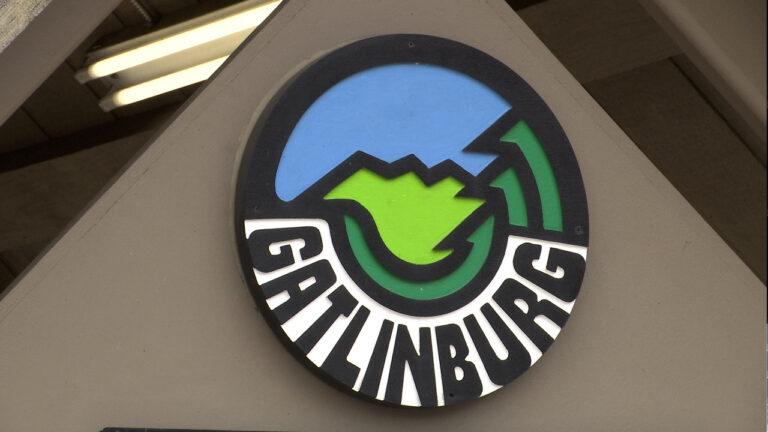SEVIER COUNTY, Tenn. (WATE) — As the end of the school year approaches, cities like Gatlinburg and Sevierville are preparing for a large influx of people into their areas.
“June and July are our busiest months, especially July. At our busiest intersections, we average between 65,000 and 75,000 vehicles a day,” said Sevierville Vice Mayor Dustin Smith. “Assuming there are two or three people in each car, that’s hundreds of thousands of people a day.”
South Knoxville community investigates suspicious trash bag left on Pickens Gap Road
In Gatlinburg, one business that has withstood the test of time during a global pandemic is preparing to welcome back throngs of tourists.
“It’s nice to see different people,” said Carla Brooks, who works at Carmel Corning. “Sometimes I wish I didn’t have to go on vacation because I get to see them.”
Carmel Corn has been around since 1961 and has faced all sorts of odds and is doing what it takes to survive.
World War II veteran celebrates 100th birthday, recalls flying missions over the Pacific
“We’re still thriving. We’ve been here since 1961. The store holds its own. Some days you wonder, ‘How is business going?’ and then it picks up and you wonder, ‘When are the customers going to leave?'” Brooks said. “We’ve known some ups and downs.”
Chad Netherland, CEO and president of the Gatlinburg Convention & Visitors Bureau, released the following statement to WATE:
“We look forward to welcoming new and returning visitors to Gatlinburg this coming season. Gatlinburg’s natural beauty shines all summer long and there’s no shortage of things to do in our downtown, packed with unique attractions, shopping, dining, arts and crafts and more,” Netherland added. “We are sure that these visitors will boost local businesses, support jobs and promote economic development as they enjoy the many great activities Gatlinburg has to offer.”
Tennessee ranks among the top states for railroad crossing accidents
Smith said Sevierville has a huge economy, with the majority of it generated during the summer months.
“Over the course of the year, our economy is about $2.5 billion,” Smith said, “and the peak months of June and July account for just under a quarter of that total.”

